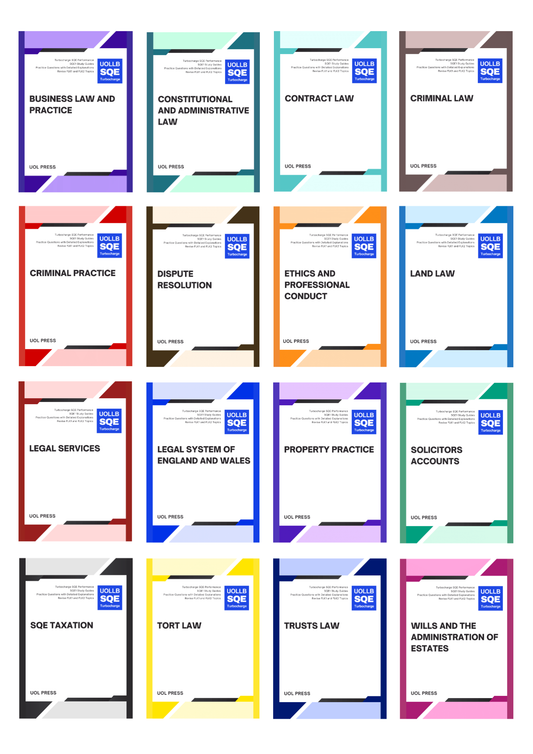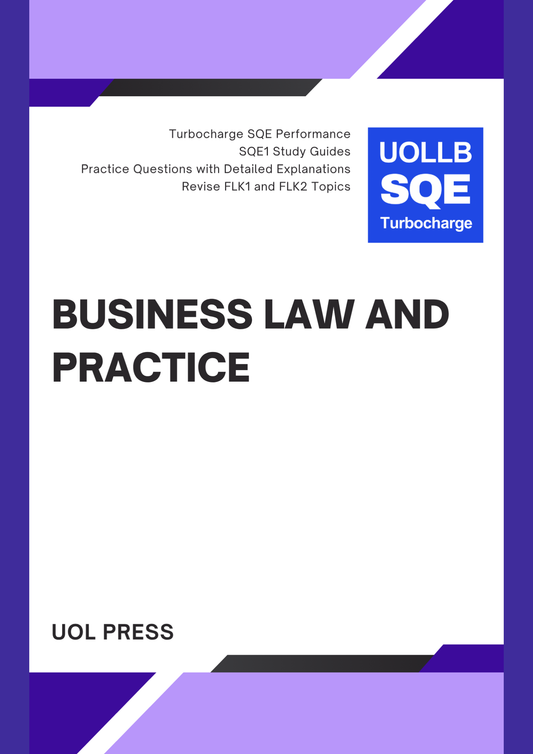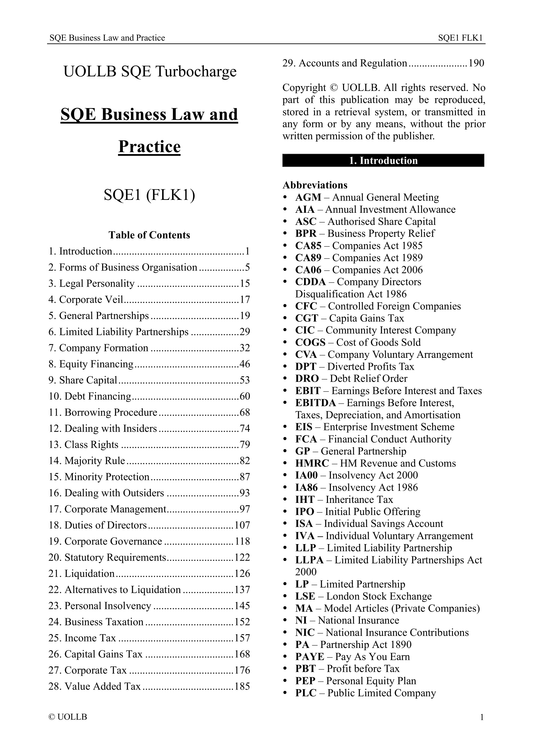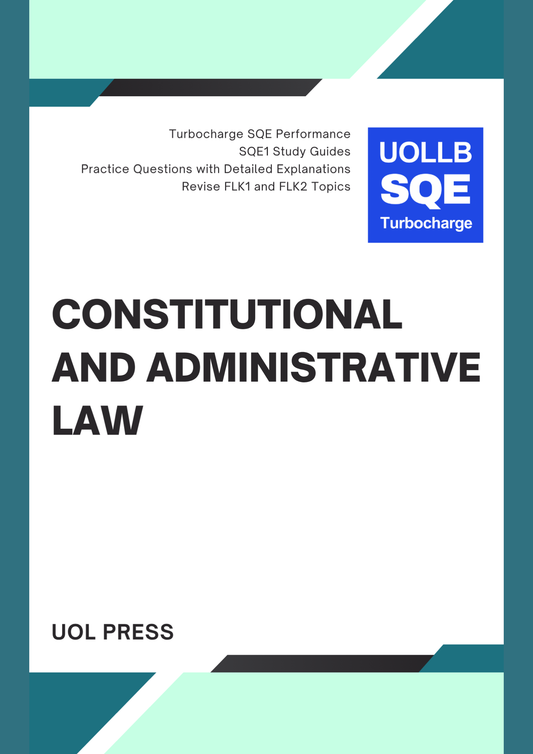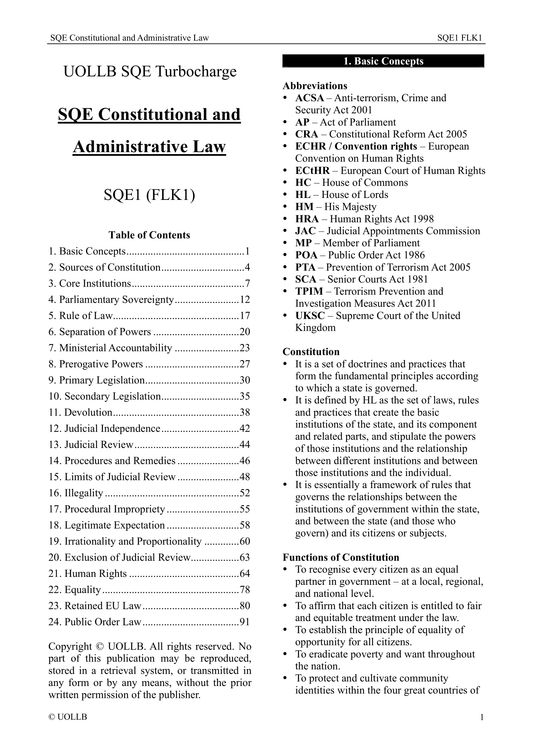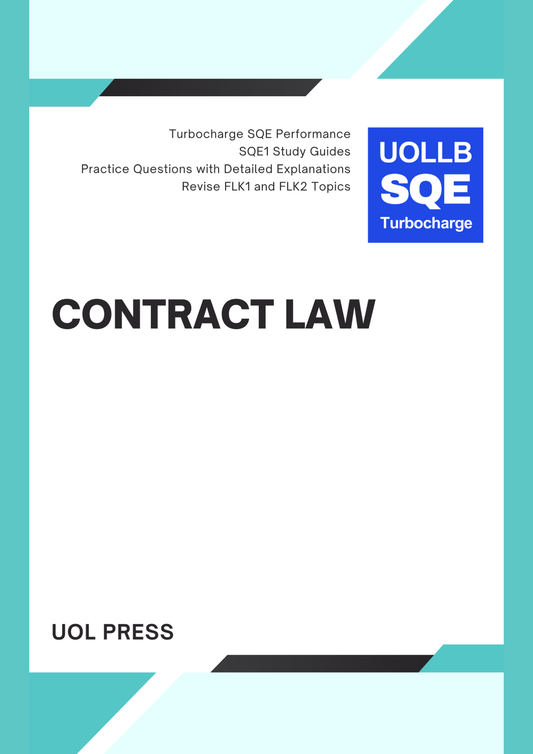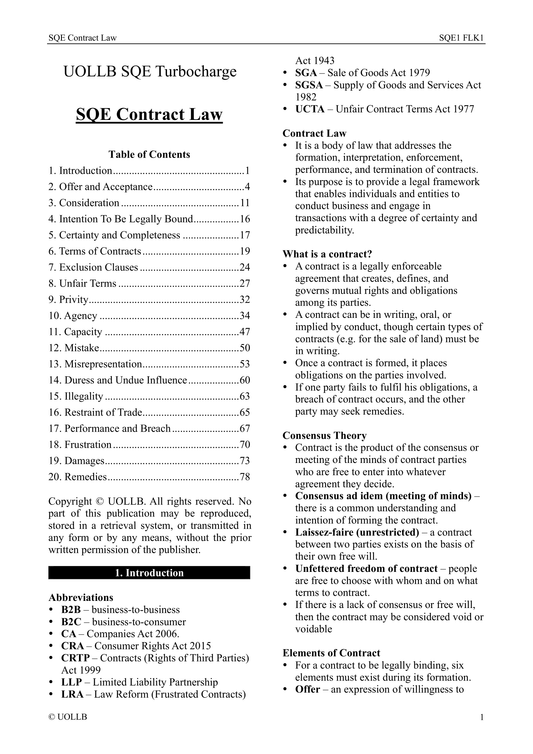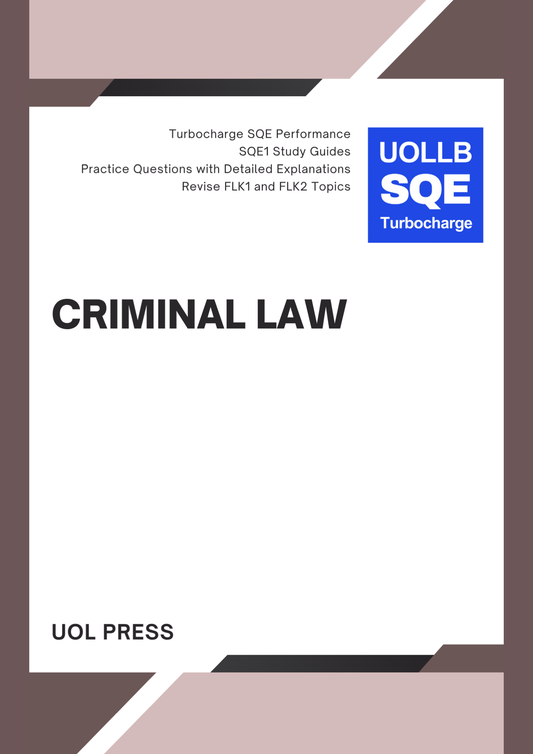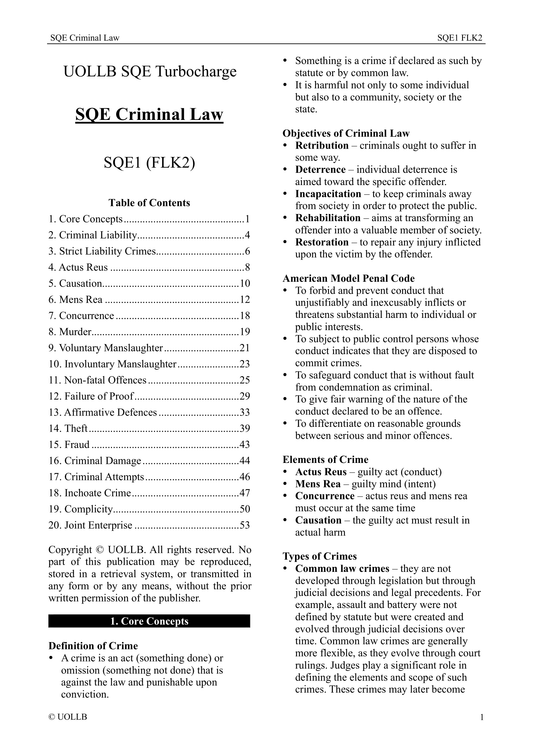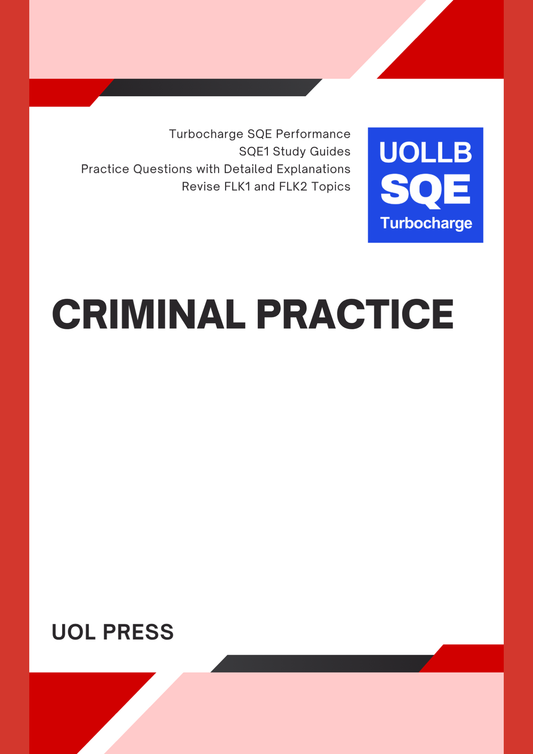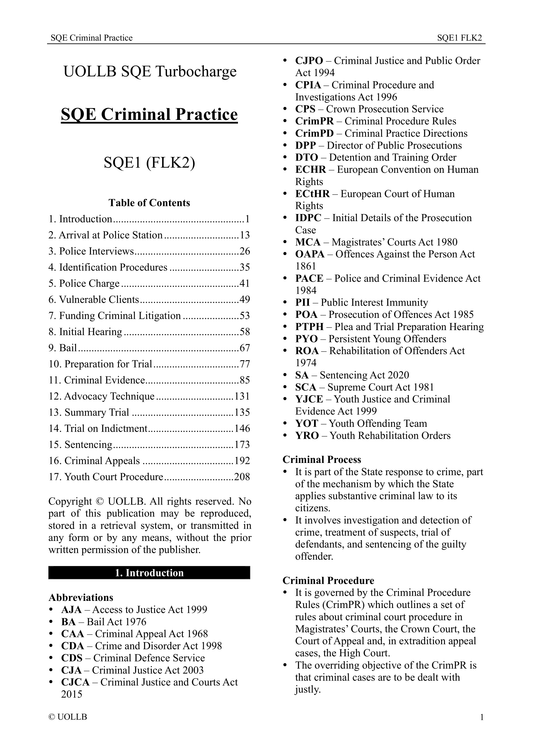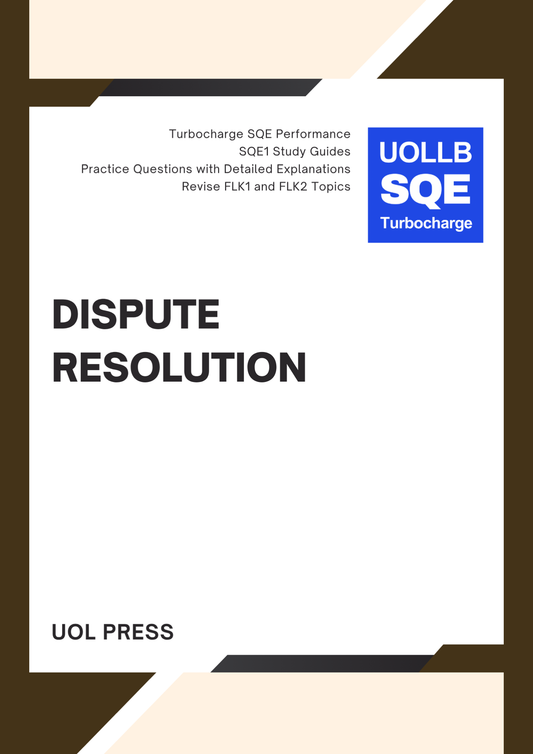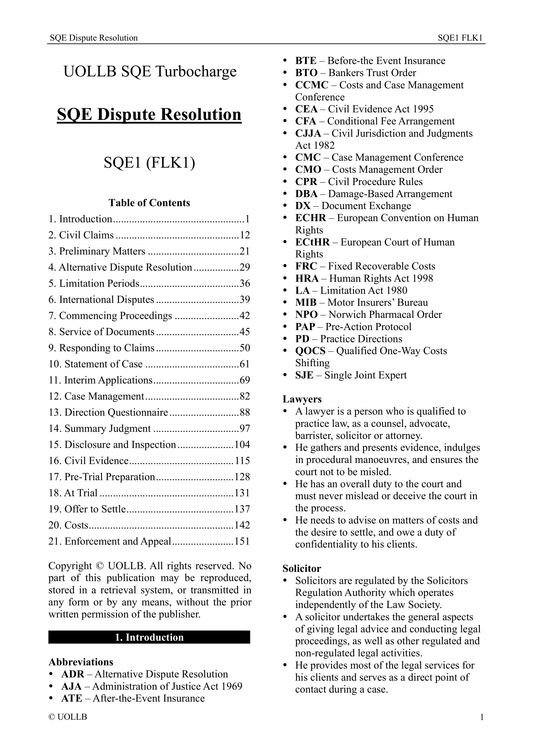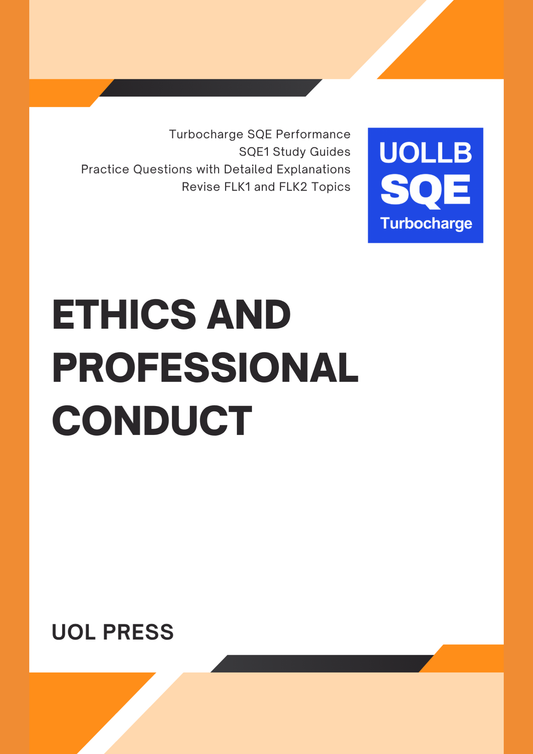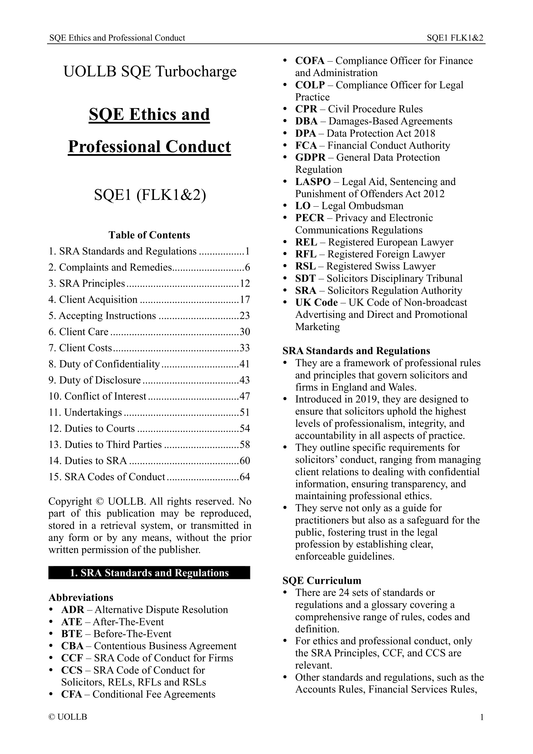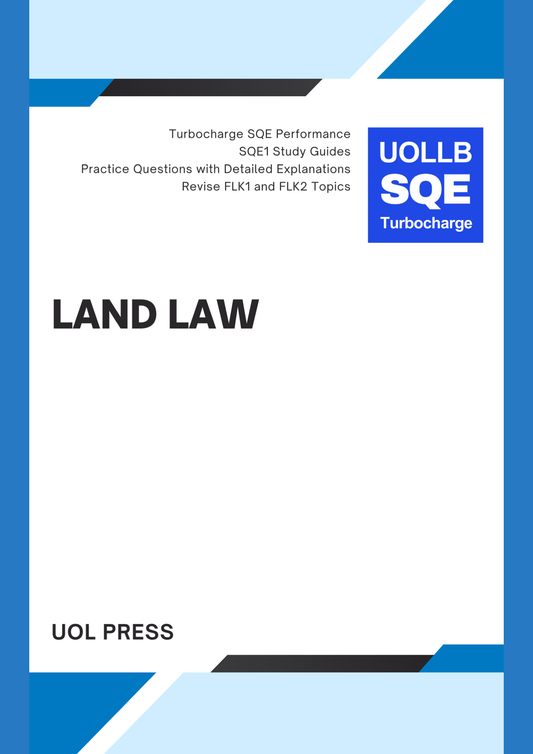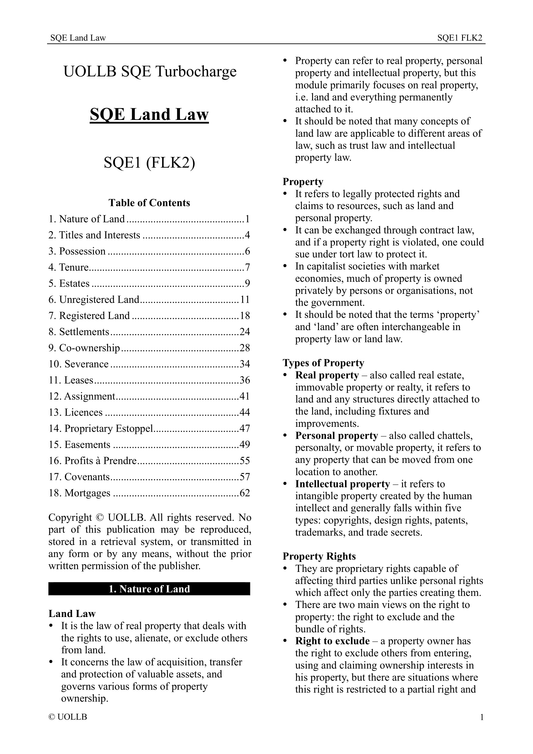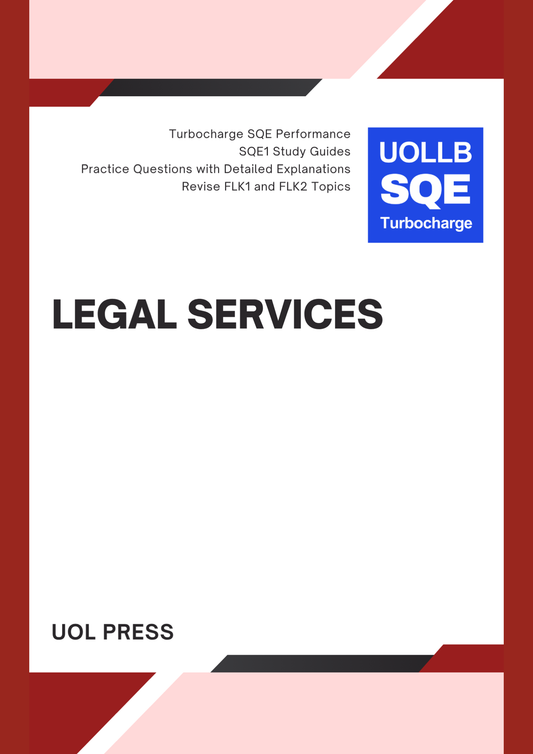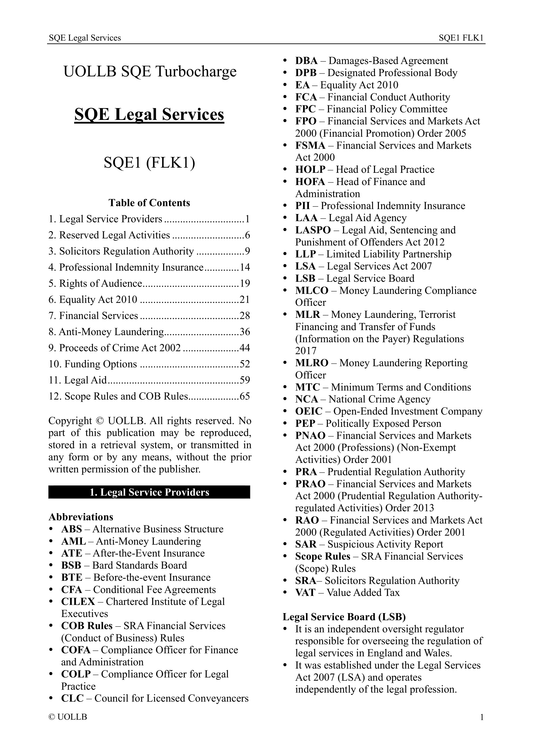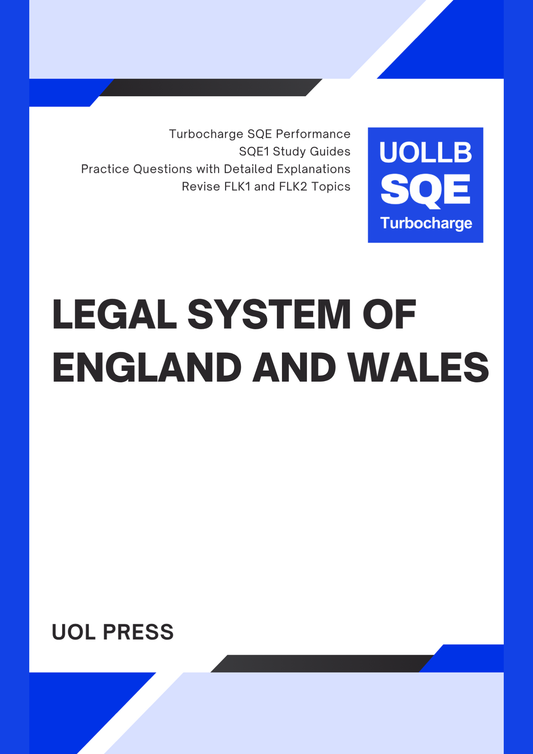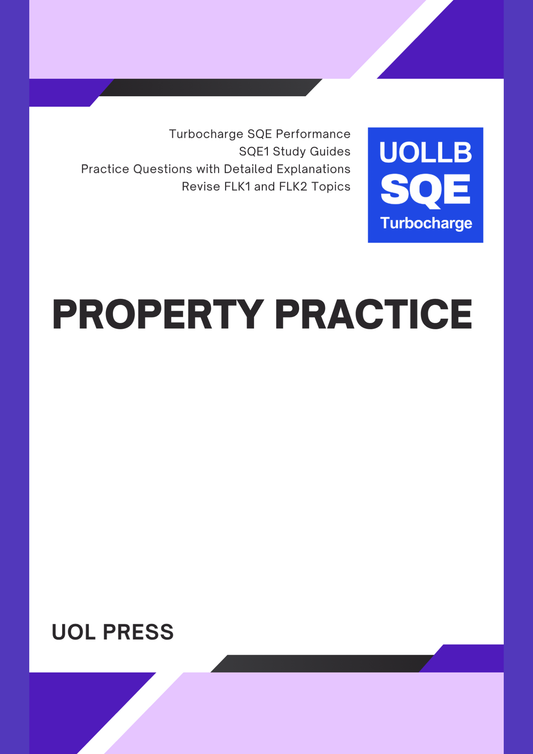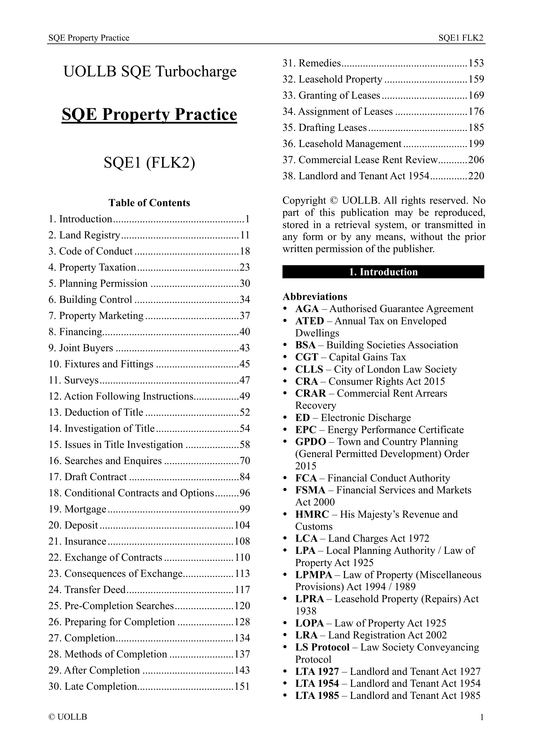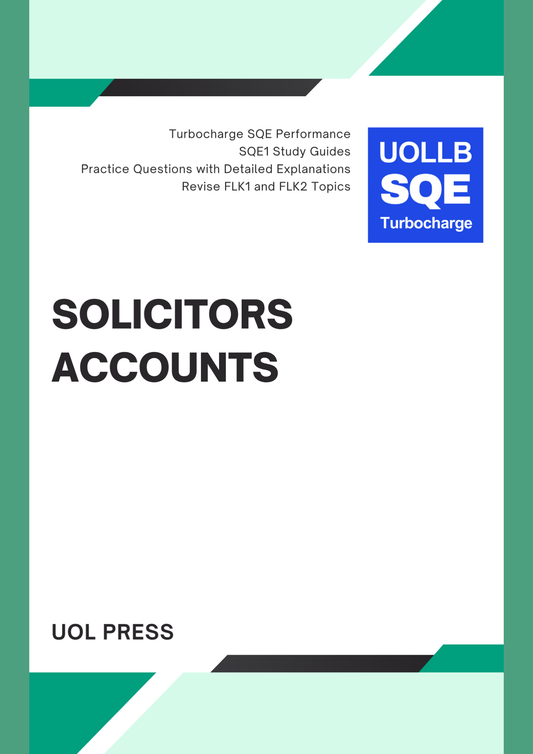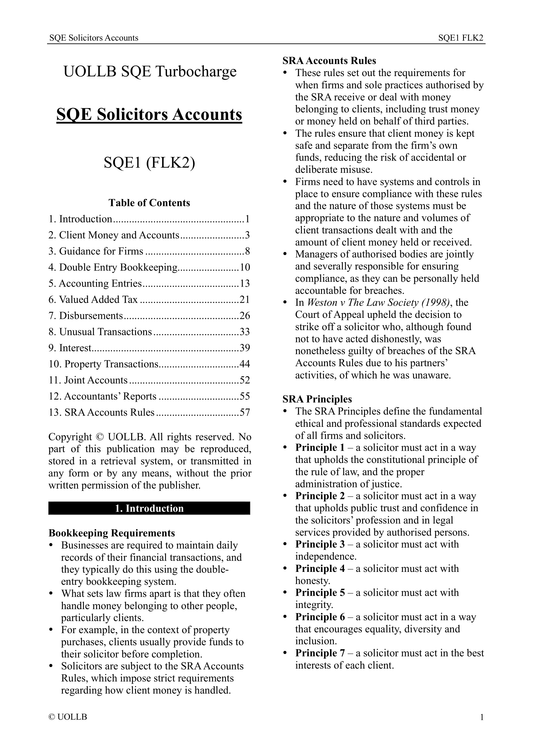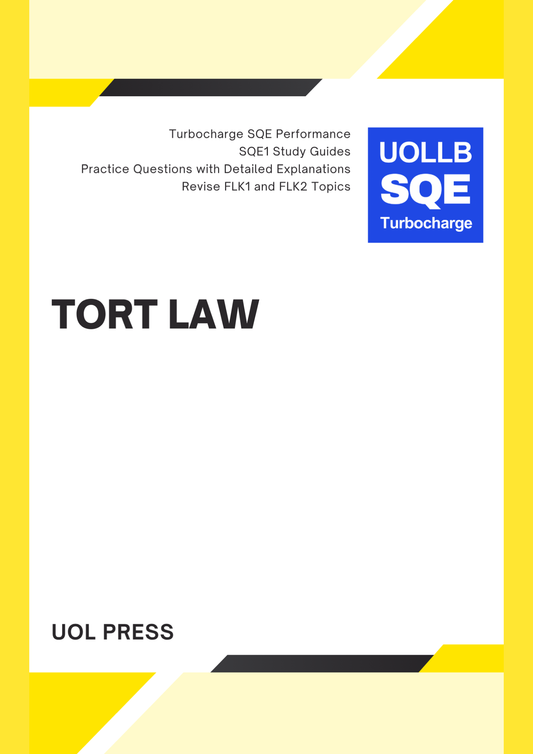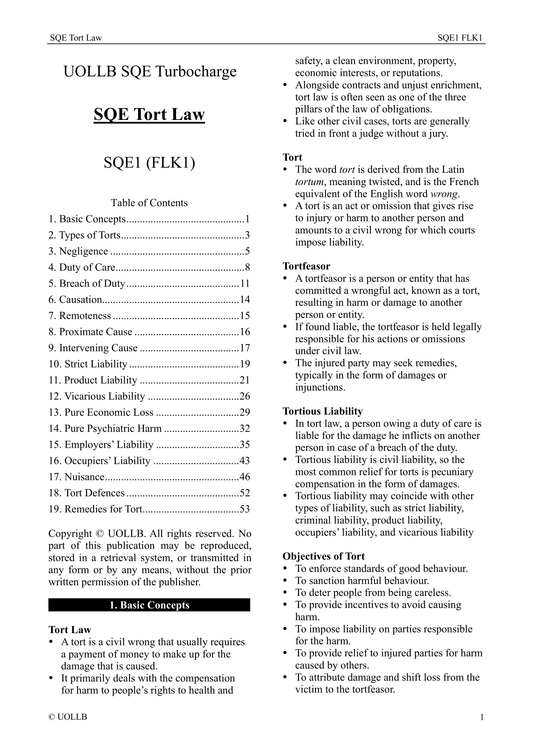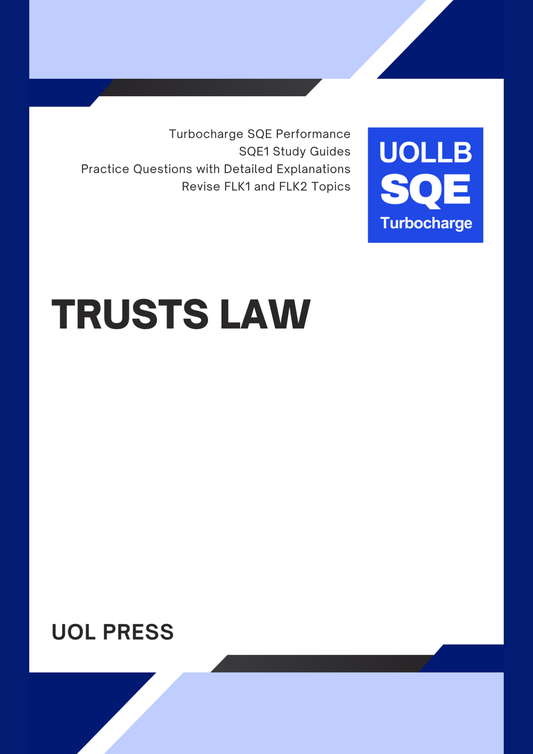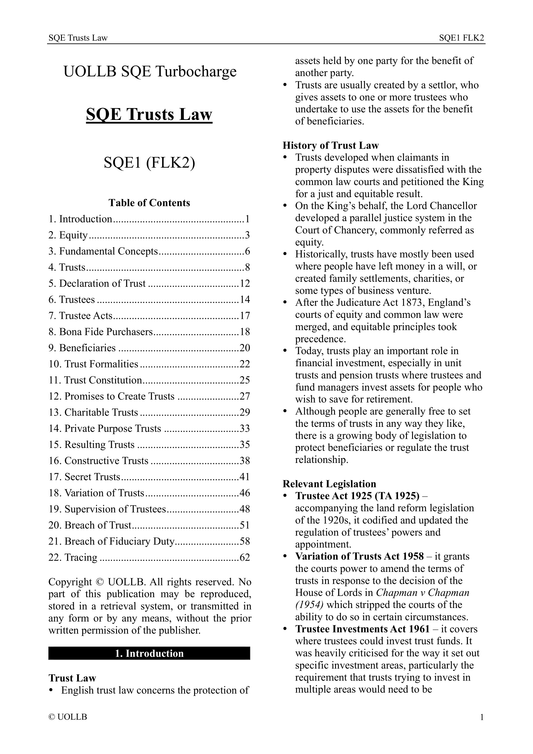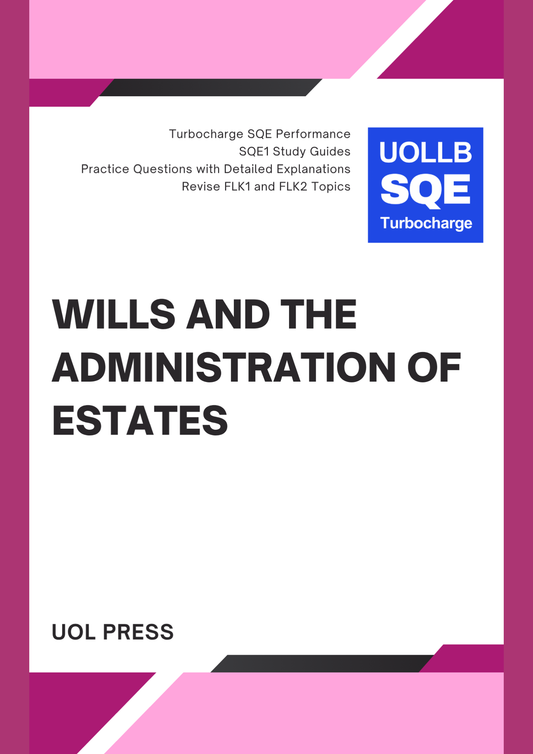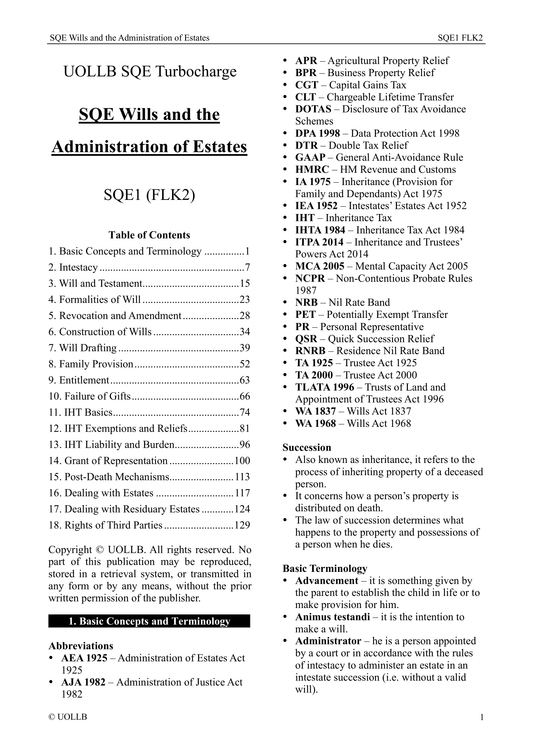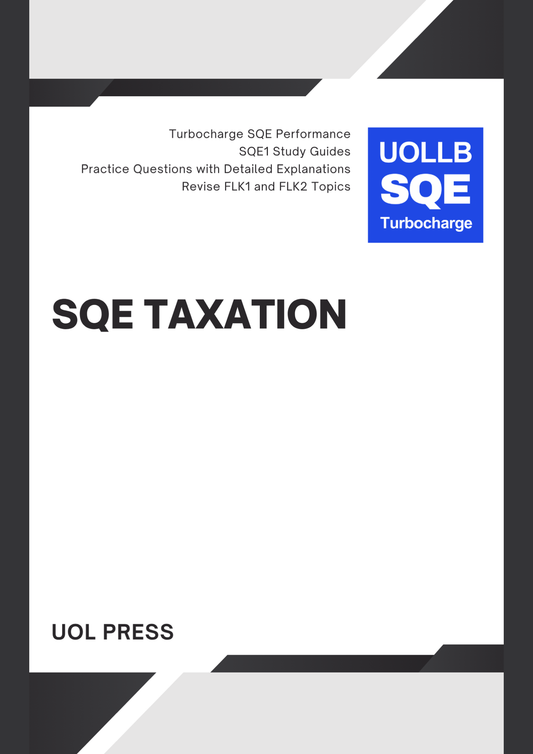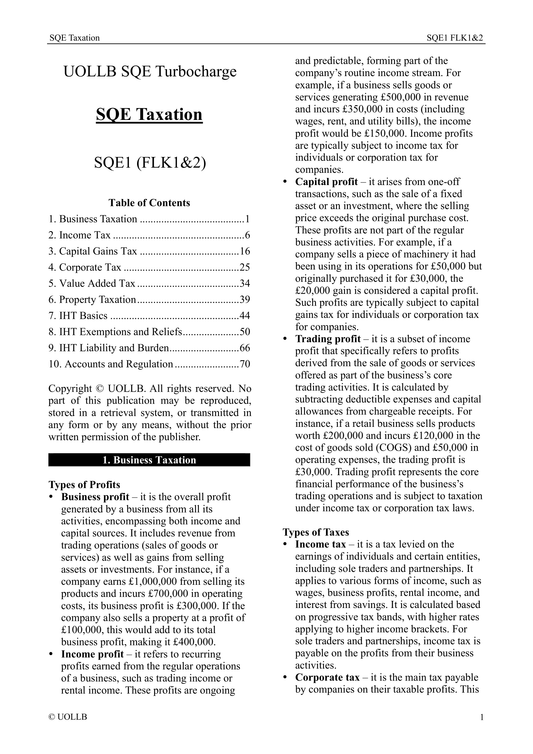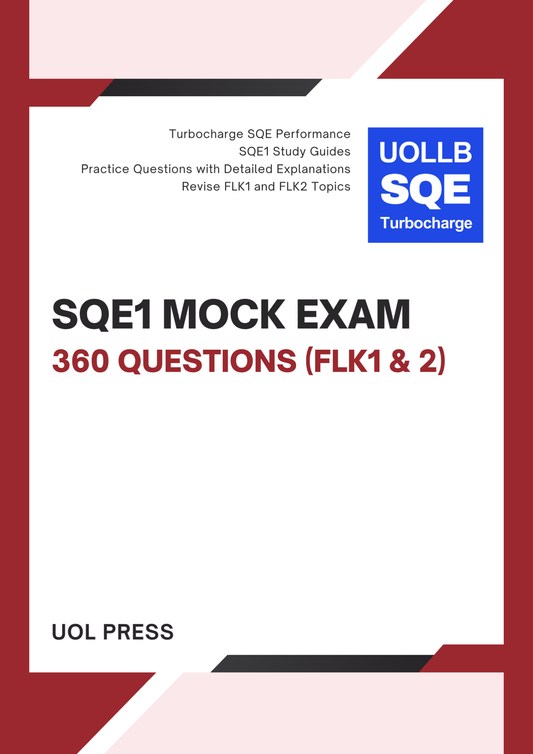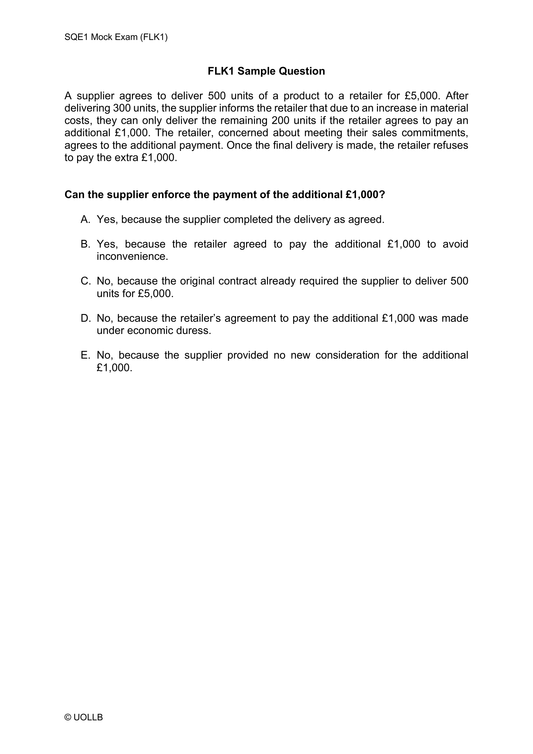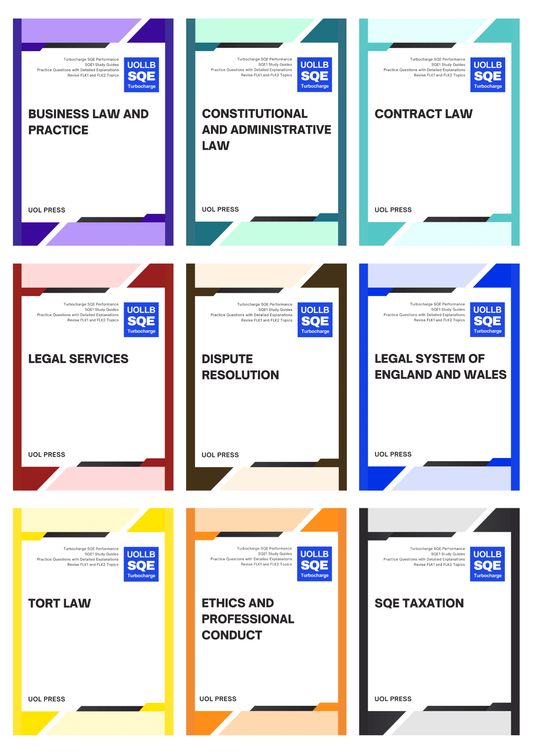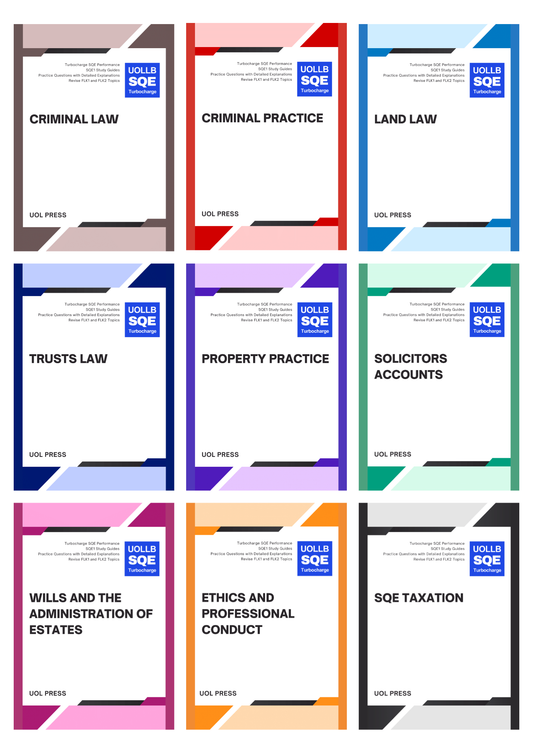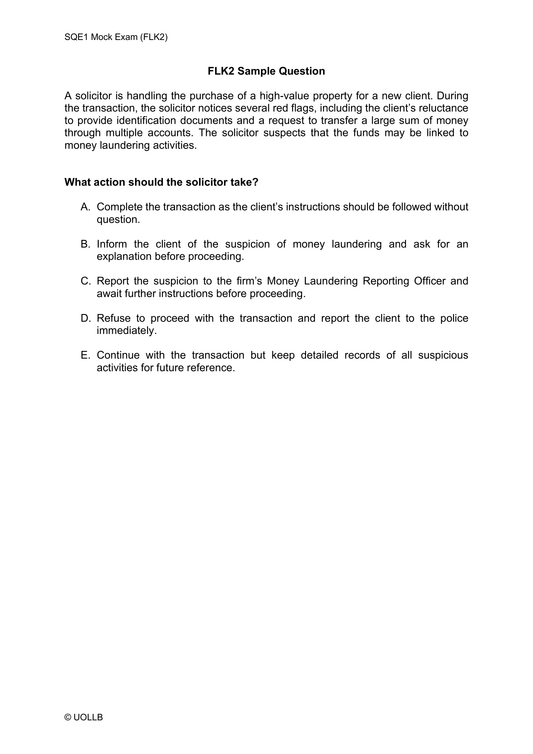What Counts as QWE?
Share
Qualifying Work Experience (QWE) is defined by its focus on providing legal services, which is essential for anyone aiming to qualify as a solicitor through the SQE route. According to the Legal Services Act 2007, legal activity includes any work involving advising, representing, or supporting clients within the framework of the law, which helps determine whether a role counts as QWE. For work experience to qualify, it must not be simulated or hypothetical; instead, you must gain hands-on experience in a real legal setting where you are actively involved in legal services.
You may gain QWE before, during, or after completing the SQE assessments, and it allows for flexibility, enabling you to accumulate experience across various legal settings. This experience may come from placements during law studies, work in law clinics, voluntary roles at charitable organisations or law centres, paralegal positions, or traditional training contracts. QWE is also location-flexible, meaning it can be gained in England, Wales, or even internationally. While the SQE exams require knowledge of English and Welsh law, your QWE does not necessarily need to focus exclusively on these jurisdictions, allowing broader legal exposure.
QWE can be obtained in up to four different legal organisations, and it may be paid or unpaid, providing you with varied pathways to accumulate the required two years of experience. During this time, you must engage in real-world legal service provision and should demonstrate competencies from the Statement of Solicitor Competence. The work must span at least two competencies, such as communication, ethical standards, or legal analysis, and be verified by a qualified solicitor or a Compliance Officer for Legal Practice (COLP) to ensure the experience meets QWE standards.
It is crucial to evaluate whether your current or previous roles meet QWE standards. To qualify, the role must involve real-life legal service provision, and you must work in no more than four organisations to complete the two-year full-time requirement (or part-time equivalent). Although there is no strict definition of full time, QWE providers are expected to take a practical approach in defining full-time work.
The flexibility of QWE allows you with diverse legal experiences to qualify, ensuring a pathway to practice law that acknowledges practical skills in a wide range of legal environments. However, the ultimate responsibility lies with you to ensure your experience aligns with QWE criteria by assessing your role against the Legal Services Act and the Statement of Solicitor Competence. This ensures that QWE remains a valid, practical foundation for solicitors ready to serve in a real-world legal setting.
You may gain QWE before, during, or after completing the SQE assessments, and it allows for flexibility, enabling you to accumulate experience across various legal settings. This experience may come from placements during law studies, work in law clinics, voluntary roles at charitable organisations or law centres, paralegal positions, or traditional training contracts. QWE is also location-flexible, meaning it can be gained in England, Wales, or even internationally. While the SQE exams require knowledge of English and Welsh law, your QWE does not necessarily need to focus exclusively on these jurisdictions, allowing broader legal exposure.
QWE can be obtained in up to four different legal organisations, and it may be paid or unpaid, providing you with varied pathways to accumulate the required two years of experience. During this time, you must engage in real-world legal service provision and should demonstrate competencies from the Statement of Solicitor Competence. The work must span at least two competencies, such as communication, ethical standards, or legal analysis, and be verified by a qualified solicitor or a Compliance Officer for Legal Practice (COLP) to ensure the experience meets QWE standards.
It is crucial to evaluate whether your current or previous roles meet QWE standards. To qualify, the role must involve real-life legal service provision, and you must work in no more than four organisations to complete the two-year full-time requirement (or part-time equivalent). Although there is no strict definition of full time, QWE providers are expected to take a practical approach in defining full-time work.
The flexibility of QWE allows you with diverse legal experiences to qualify, ensuring a pathway to practice law that acknowledges practical skills in a wide range of legal environments. However, the ultimate responsibility lies with you to ensure your experience aligns with QWE criteria by assessing your role against the Legal Services Act and the Statement of Solicitor Competence. This ensures that QWE remains a valid, practical foundation for solicitors ready to serve in a real-world legal setting.

